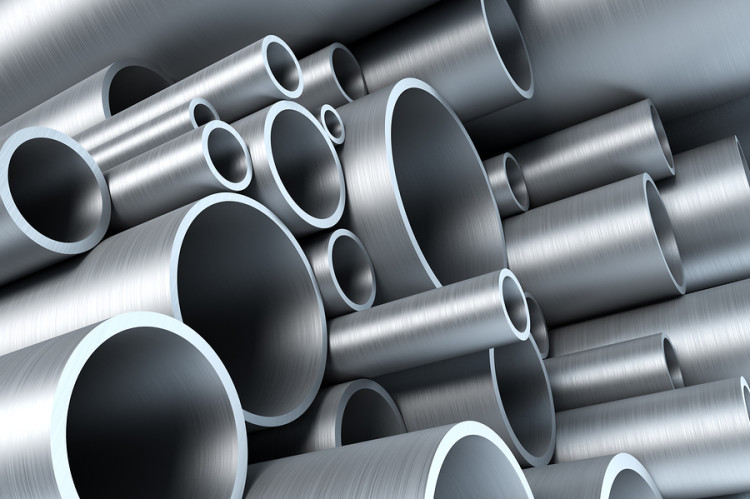U.S. Steel Cuts 2015 Profit Forecast Amid Flood of Imports

©2015 Bloomberg News
NNJIMJ6JIJUY
(Updates with comment from analyst in eighth paragraph.)
(Bloomberg) — U.S. Steel Corp. posted a surprise first- quarter loss and cut its full-year profit forecast after a flood of imports prompted the nation’s second-largest producer to idle capacity.
Earnings before interest, tax, depreciation and amortization are expected to be $700 million to $900 million, the Pittsburgh-based company said Tuesday in a statement. It had forecast Ebitda of $1.1 billion to $1.4 billion in January. The shares fell as much as 8.6 percent after the close in New York.
“The headwinds we faced entering 2015 have intensified,” Chief Executive Officer Mario Longhi said in the statement.
A strengthening dollar has made foreign steel cheaper for U.S. buyers. Imports jumped 20 percent in the quarter, government data show, and now account for about one-third of the $100 billion U.S. steel market. That’s set the stage for a possible trade complaint from American producers this year.
U.S. Steel and other domestic suppliers are also under pressure from the slump in oil prices, which has meant a drop in orders for steel tubes and pipes. The average number of active oil and natural-gas rigs in North America plunged 50 percent since the beginning of the year, according to Baker Hughes Inc. data.
Longhi is working to streamline operations and bolster earnings at U.S. Steel in a project called “The Carnegie Way,” after the company’s founder, Andrew Carnegie. Meanwhile, he is urging lawmakers to restrict a rapid increase in imports of the metal.
Capacity Idled
The nation’s steelmakers on average used 73 percent of their capacity in the quarter, down from 77 percent a year earlier, according to data from the American Iron and Steel Index. U.S. Steel’s own utilization rate was even lower, sliding to 60 percent from 83 percent.
As the company cuts production, U.S. Steel’s relatively high fixed costs are distributed among fewer tons of output resulting in higher-than-expected costs per ton, Philip Gibbs, a Cleveland-based analyst at KeyBanc Capital Markets Inc. said in an interview Tuesday.
“The toughest part for people to swallow is that costs are as high as they were,” Gibbs said. “Clearly it’s hard to see the benefits of the Carnegie Way when they’re operating at these low levels of utilization across the platform.”
U.S. Steel dropped 6.3 percent to $25.10 at 7:06 p.m. in after market trading in New York. The stock was unchanged in 2015 through today’s close.
The first-quarter net loss was 52 cents a share, compared with net income of 34 cents a year earlier. Excluding one-time items, the loss was 7 cents a share, while the average of 18 analysts’ estimates was for a profit of 23 cents.
Senate Bill
Sales also disappointed, dropping to $3.27 billion from $4.45 billion and trailing the $3.44 billion average estimate.
The average price of hot-rolled steel coil, a benchmark product used in automobiles, was $529 a ton in the period, down 19 percent, according to figures from The Steel Index.
Lawmakers are preparing to debate a senate bill that would make it easier for domestic companies to argue they’re being harmed by foreign producers that they say are unfairly subsidized by their governments.
U.S. regulators look primarily at lost profits when deciding on trade action. The steelmakers want lost jobs, idled production and deferred research and development to be taken into account as well, something they say threatens their long- term competitiveness.
To contact the reporter on this story: Sonja Elmquist in New York at selmquist1@bloomberg.net To contact the editors responsible for this story: Simon Casey at scasey4@bloomberg.net Andrew Hobbs







No Comment